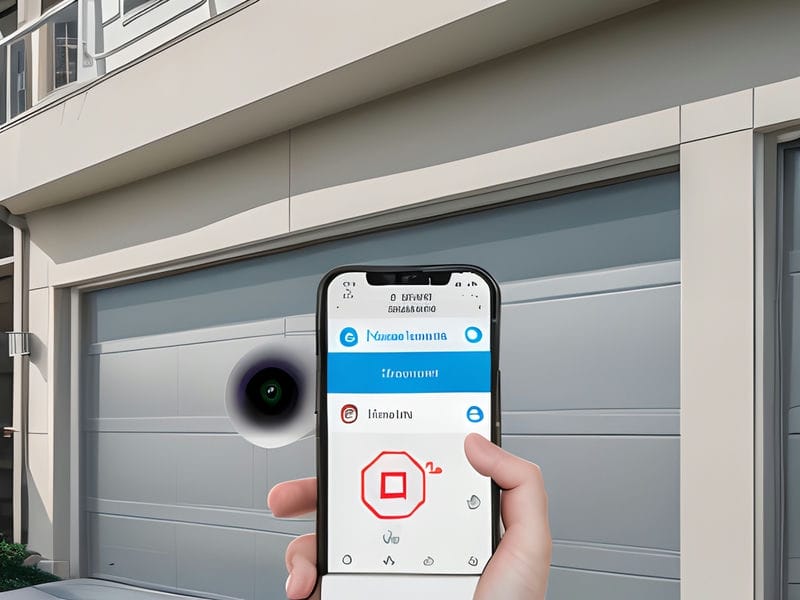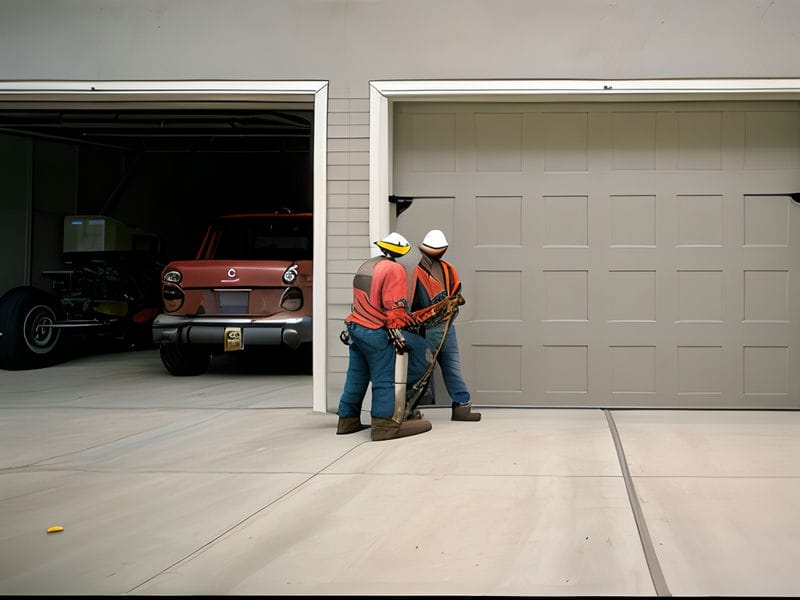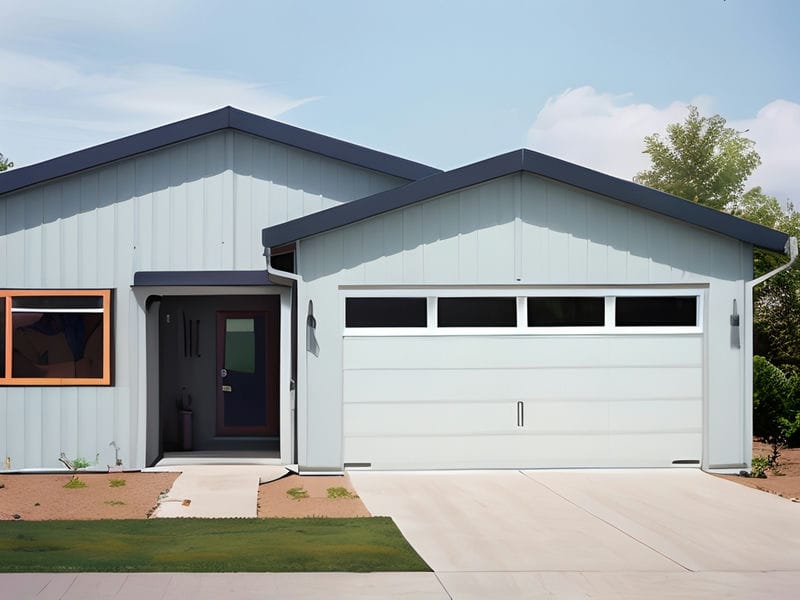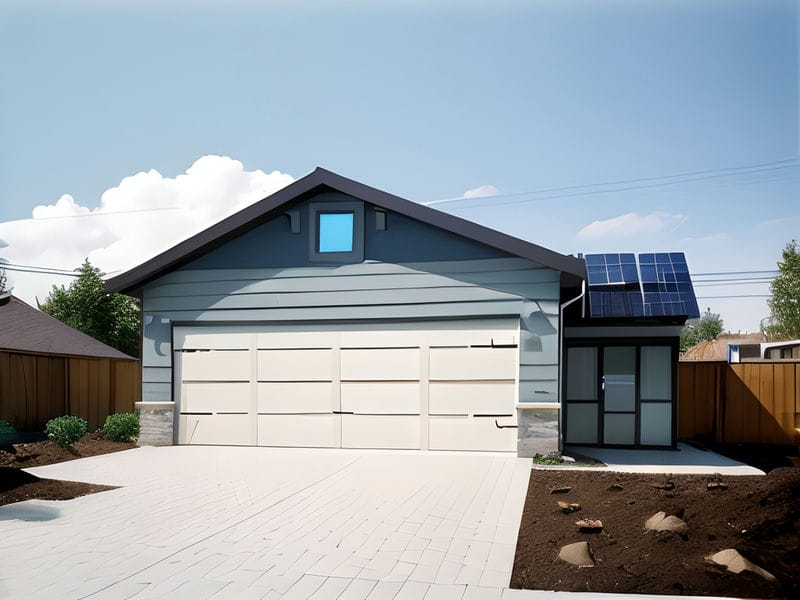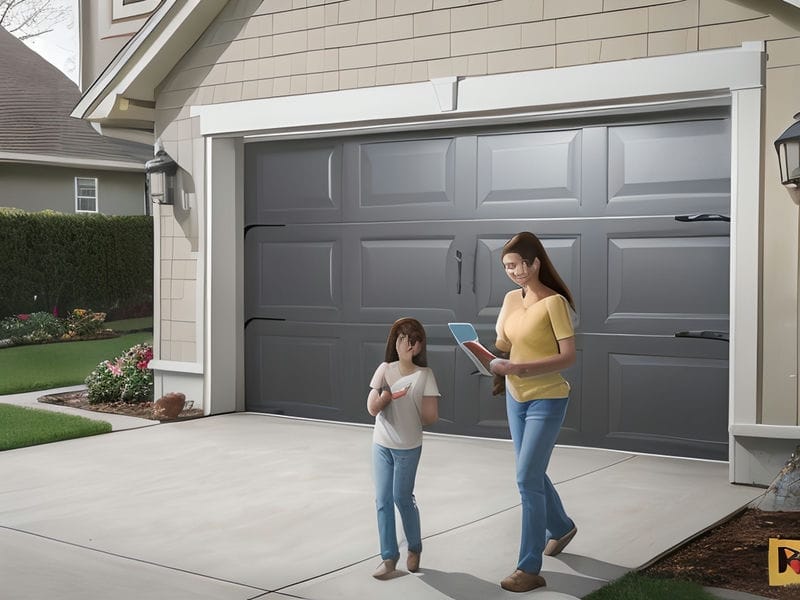
The Future of Home Automation and Garage Door Technology
Benefits of Integrating Your Garage Door with Home Automation
In recent years, the concept of smart homes has transitioned from a futuristic dream to an accessible reality, offering unprecedented convenience and efficiency. As we look towards the future of home automation, one cannot ignore the pivotal role that garage door technology plays in this evolving landscape. Current trends in smart home integration are reshaping how homeowners interact with their living spaces, and garage doors are no exception.
One of the most significant advancements in smart home technology is the integration of Internet of Things (IoT) devices. IoT enables various gadgets and appliances within the home to communicate seamlessly with each other, creating an interconnected ecosystem managed via smartphones or voice-controlled assistants like Amazon Alexa or Google Assistant. In terms of garage door technology, IoT has brought about innovations such as remote access, real-time notifications, and advanced security features.
Remote access is perhaps one of the most appreciated advancements. Homeowners can now open or close their garage doors from anywhere in the world using a smartphone app. This feature proves invaluable for scenarios such as granting access to delivery personnel or allowing family members entry without needing physical keys or remotes. Custom garage doors can be designed to match the architectural style of your home Tips for Installing and Maintaining Smart Garage Door Systems Red Hook. Compliance with local regulatory standards is essential for any construction project Lockport garage door specialists property. Furthermore, these apps often come equipped with real-time notifications that alert users whenever their garage door is opened or closed, enhancing security and peace of mind.
Speaking of security, modern garage door systems are increasingly being designed with advanced safety measures. Traditional keypad entry systems are being supplementedor even replacedby biometric scanners and facial recognition technologies. These state-of-the-art systems ensure that only authorized individuals gain access to your home through the garage, thereby reducing potential vulnerabilities.
The Future of Home Automation and Garage Door Technology - floor
- knowledge
- floor
- credit card
Energy efficiency is another trend influencing smart home integration and garage door technology. Homeowners are becoming more environmentally conscious and seeking ways to reduce their carbon footprint. Smart garage doors can be integrated with energy management systems to optimize lighting and temperature control within garages automatically. For instance, sensors can detect when natural light is sufficient and turn off electric lights accordingly or adjust heating elements based on occupancy patterns.
Voice control functionality is also making waves in this sector. The ability to command your garage door using simple voice instructions adds an extra layer of convenience that aligns well with todays fast-paced lifestyle. Imagine driving up to your house after a long day at work and simply saying "Open Sesame" from within your car for seamless entrysuch small conveniences cumulatively enhance daily life quality.
Another burgeoning trend is predictive maintenance powered by artificial intelligence (AI). AI algorithms analyze usage patterns and historical data to predict when parts like springs or motors might fail so they can be serviced proactively rather than reactivelysaving time, money, and potentially preventing inconvenient breakdowns.
Integration doesnt stop at just functional enhancements; it extends into aesthetic realms too. Modern smart garages offer customizable lighting options synchronized with overall home decor themes controlled via a centralized hubadding both style points along practical benefits
As we move forward into this new era defined by technological convergence conflicting lessening silos between disparate device categories will further streamline our interactions while adding multiple layers value everyday experiences already improving lives immeasurably compared past standards
The future promises even greater strides toward complete automation interconnectivity where wearables AR VR interfaces play roles hitherto unimagined ushering golden age domestic comfort security sustainability
